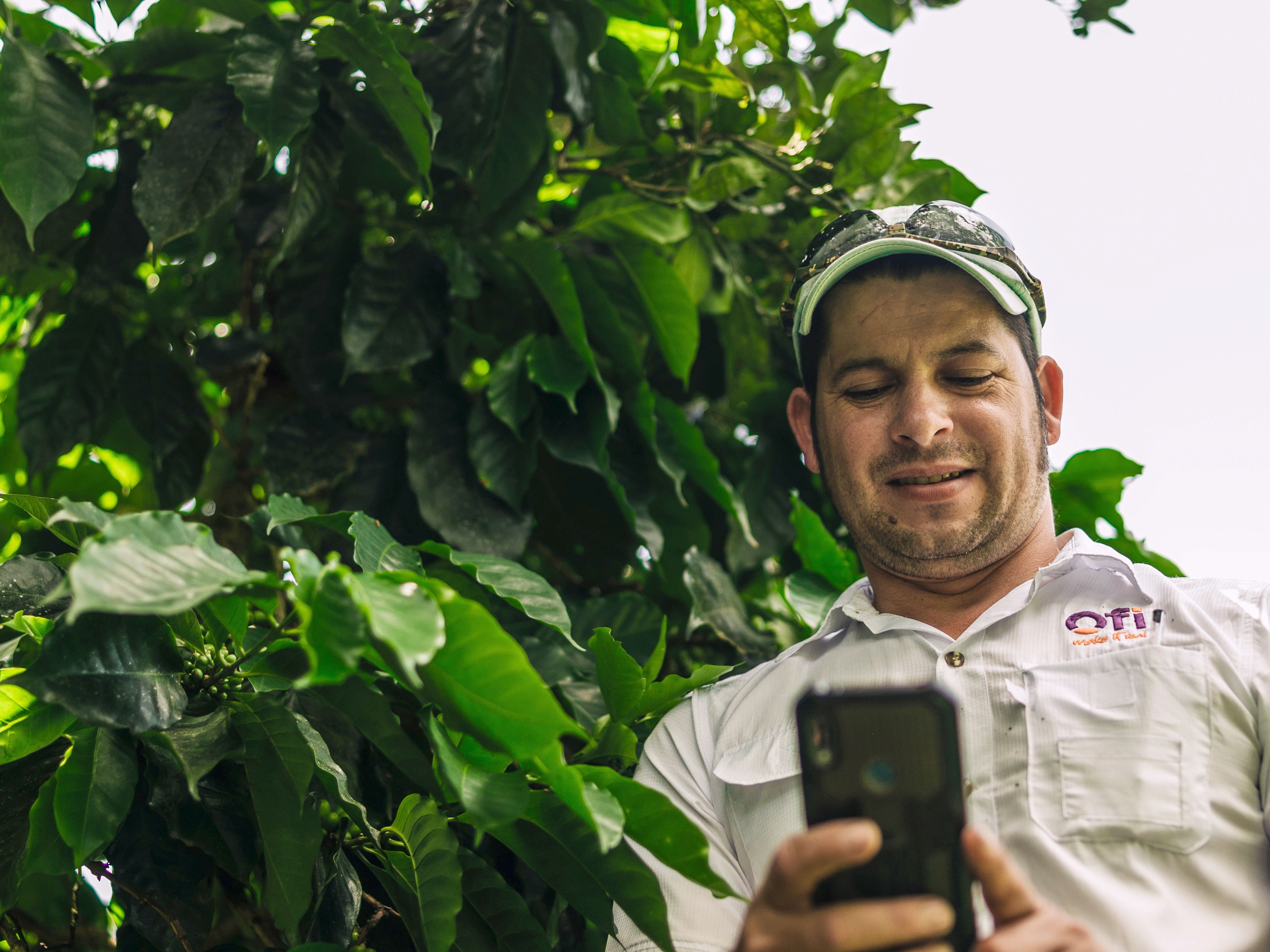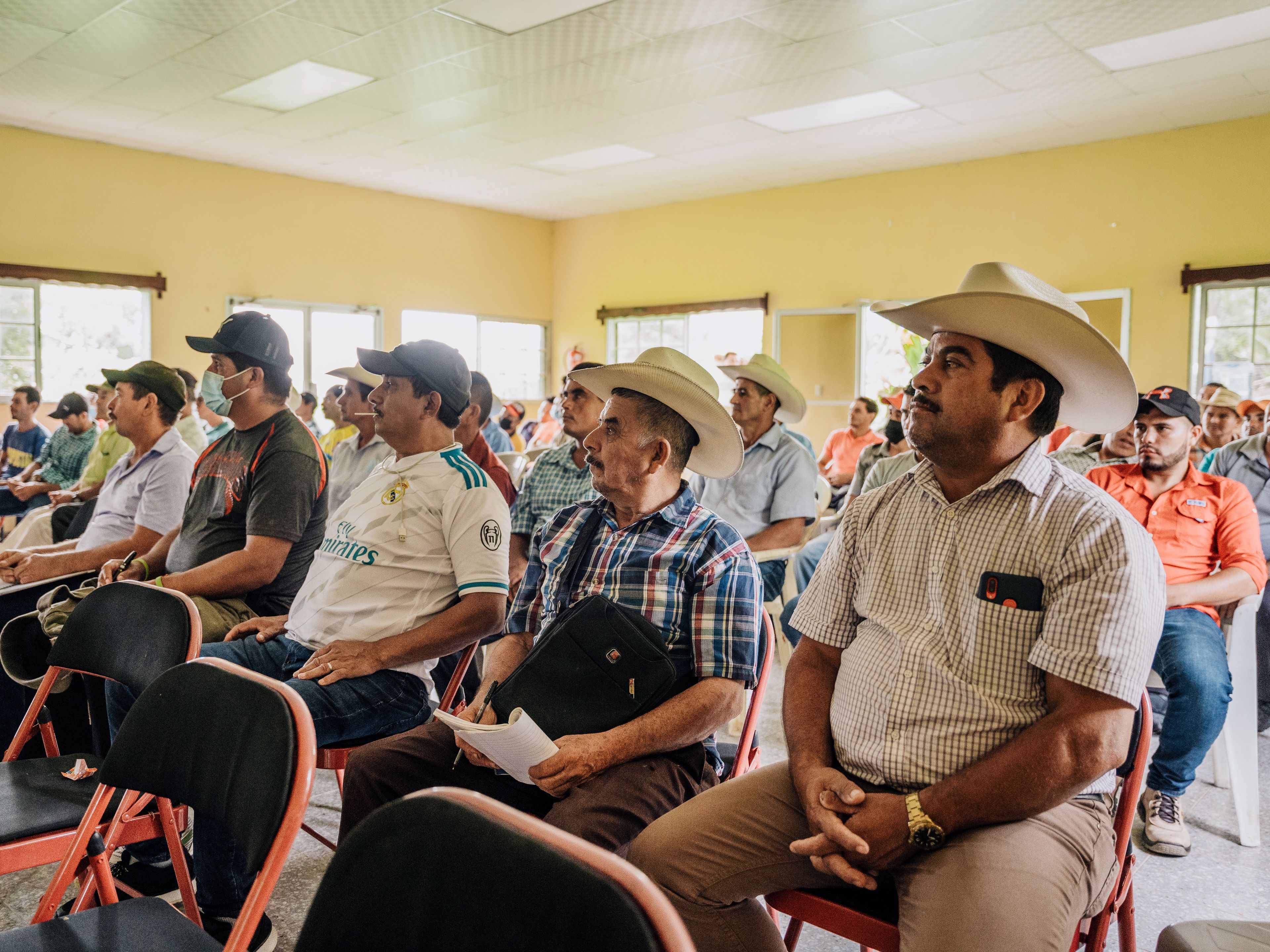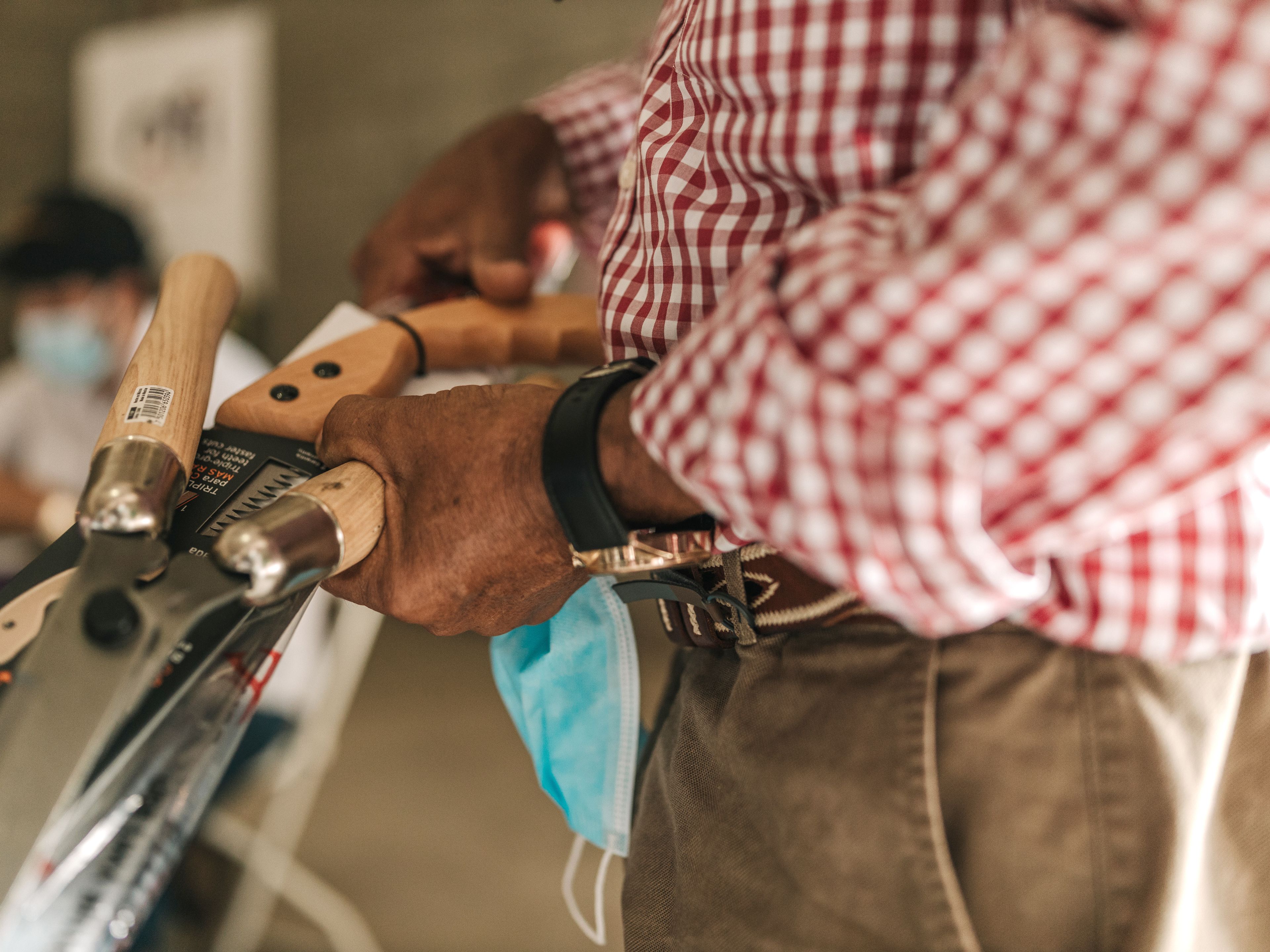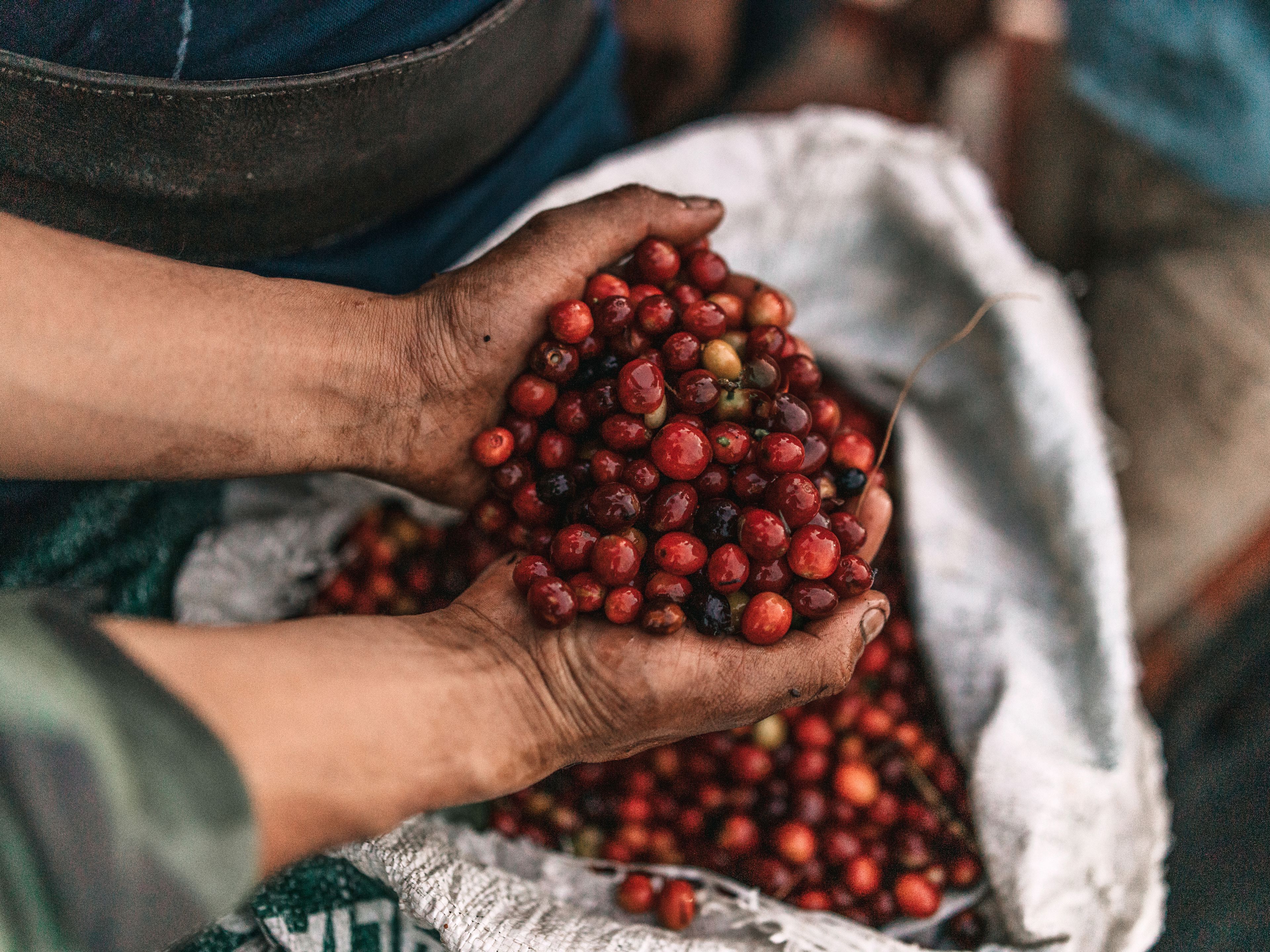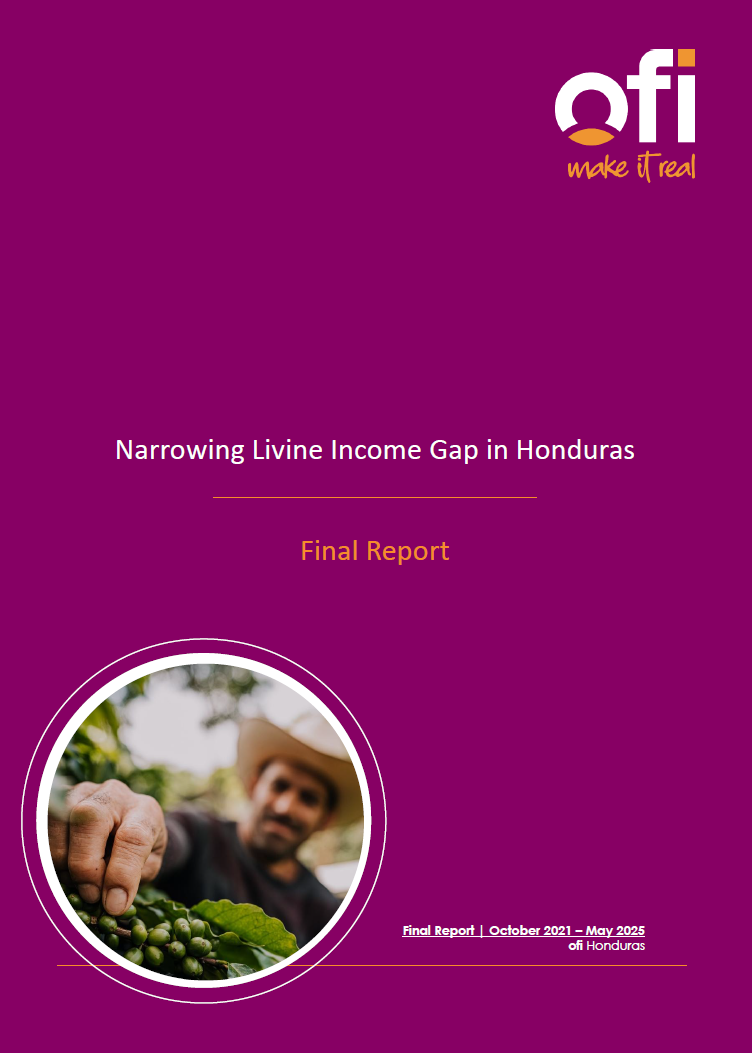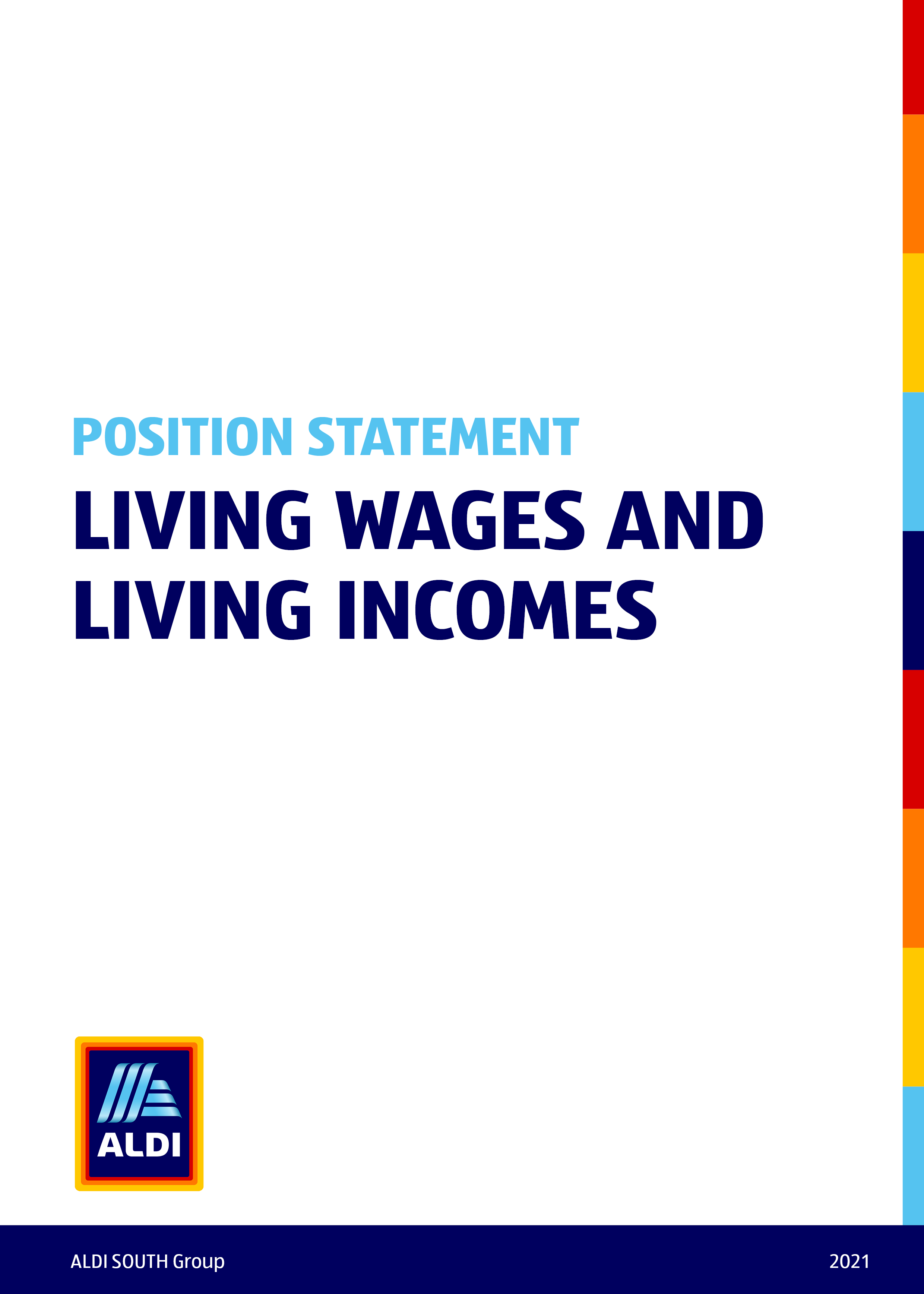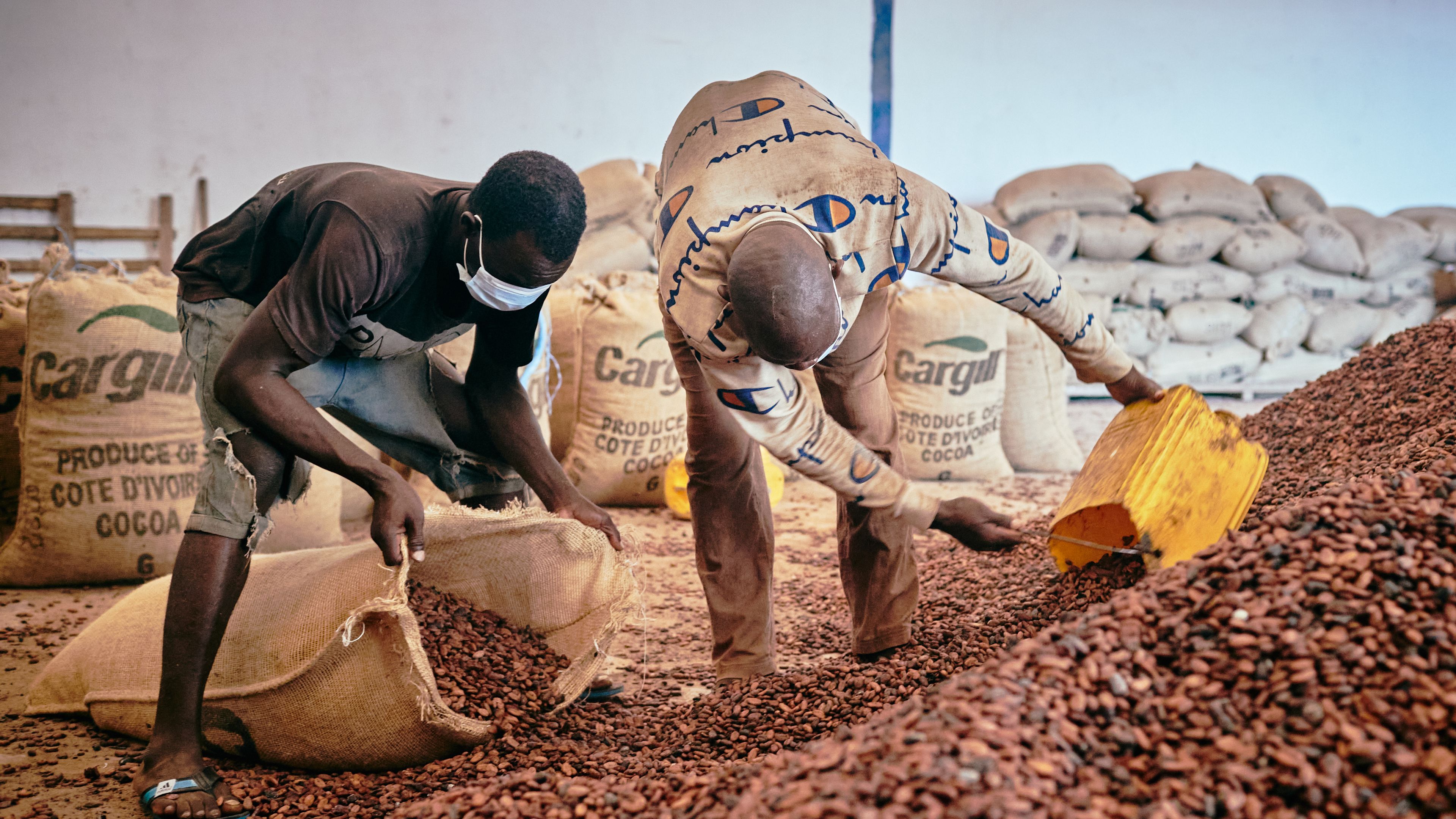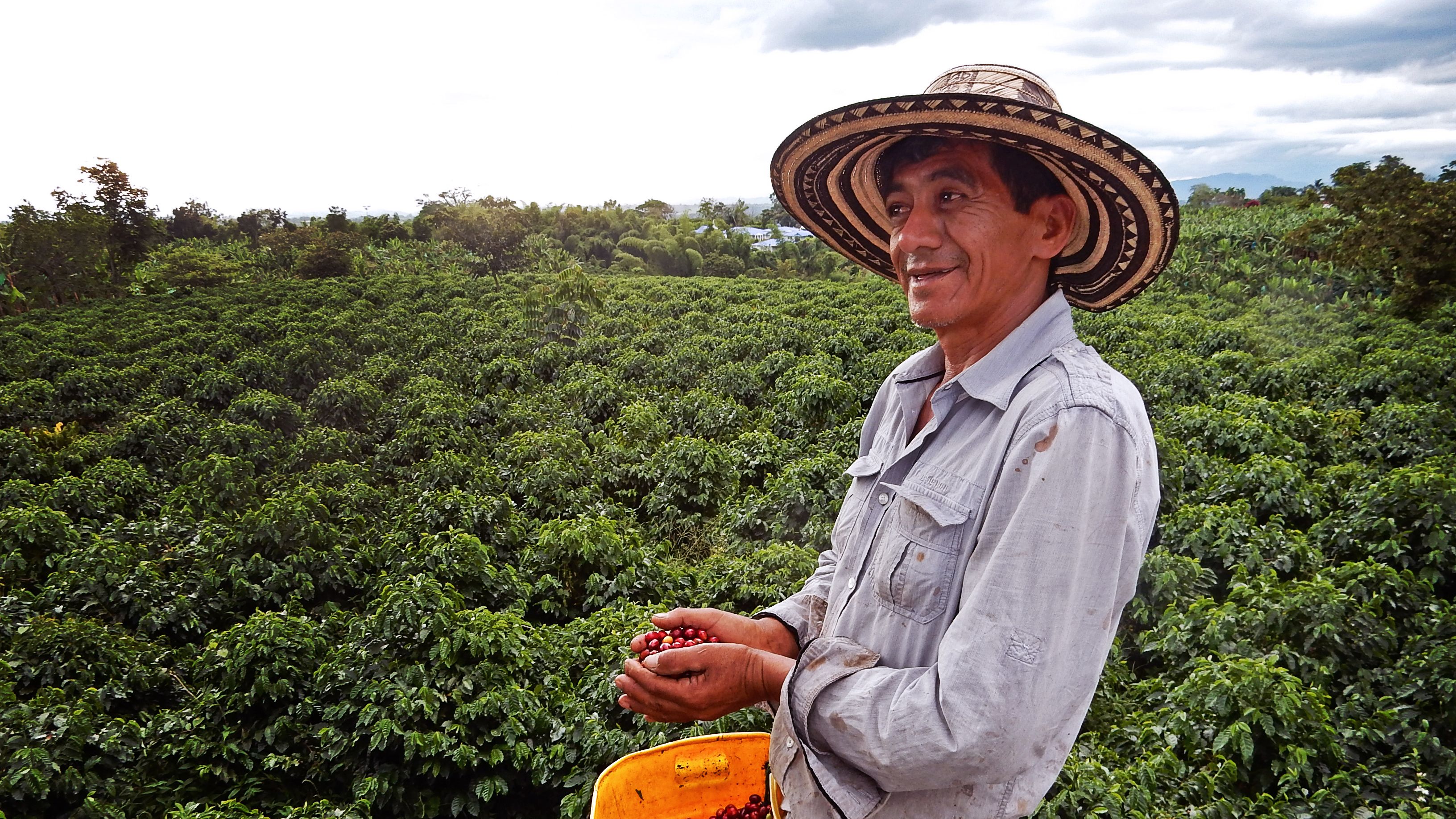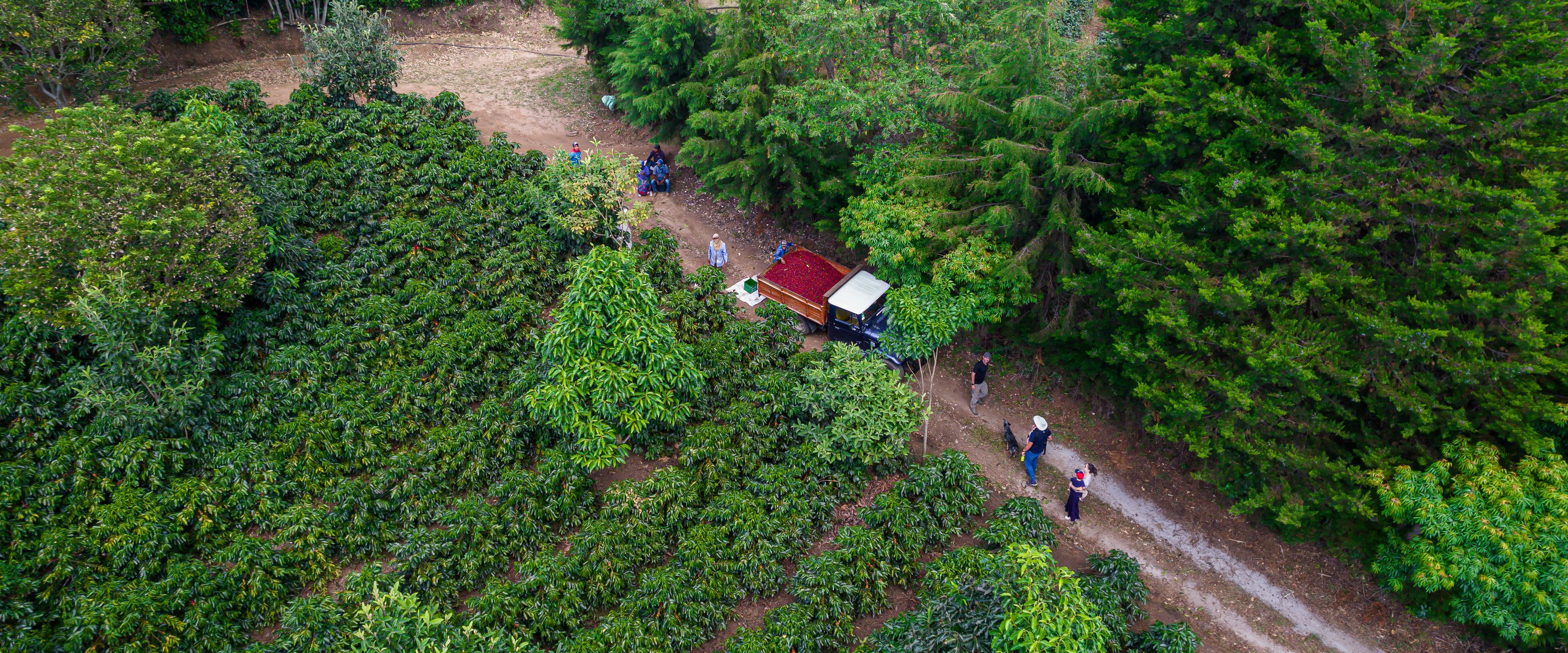

The ALDI SOUTH Group collaborated with ofi (Olam Food Ingredients) on a four-year project to reduce the living income gap for around 1,000 coffee producers in Honduras. Key measures to create a positive impact on the local coffee community included enhancing market access, providing tailored training to increase yields and product quality, and supporting farmers in achieving Rainforest Alliance certification.
Honduras is the world's eighth largest coffee exporter, with around 10% of its population employed in the coffee industry. Despite the growth in coffee export values, rural poverty remains high and the majority of Honduran smallholder coffee farmers struggle to earn a living income. They often have limited access to larger or international markets, which forces them to accept unfavourable terms and sell their coffee at lower prices to intermediaries, reducing their overall earnings.
In 2021, the ALDI SOUTH Group started a four-year project with the global food supplier ofi (Olam Food Ingredients) to reduce the living income gap for coffee farmers in the regions of Comayagua and Santa Barbara. The insights gained from this initiative will help us refine tailored interventions in future programmes and enhance farmers’ livelihoods.
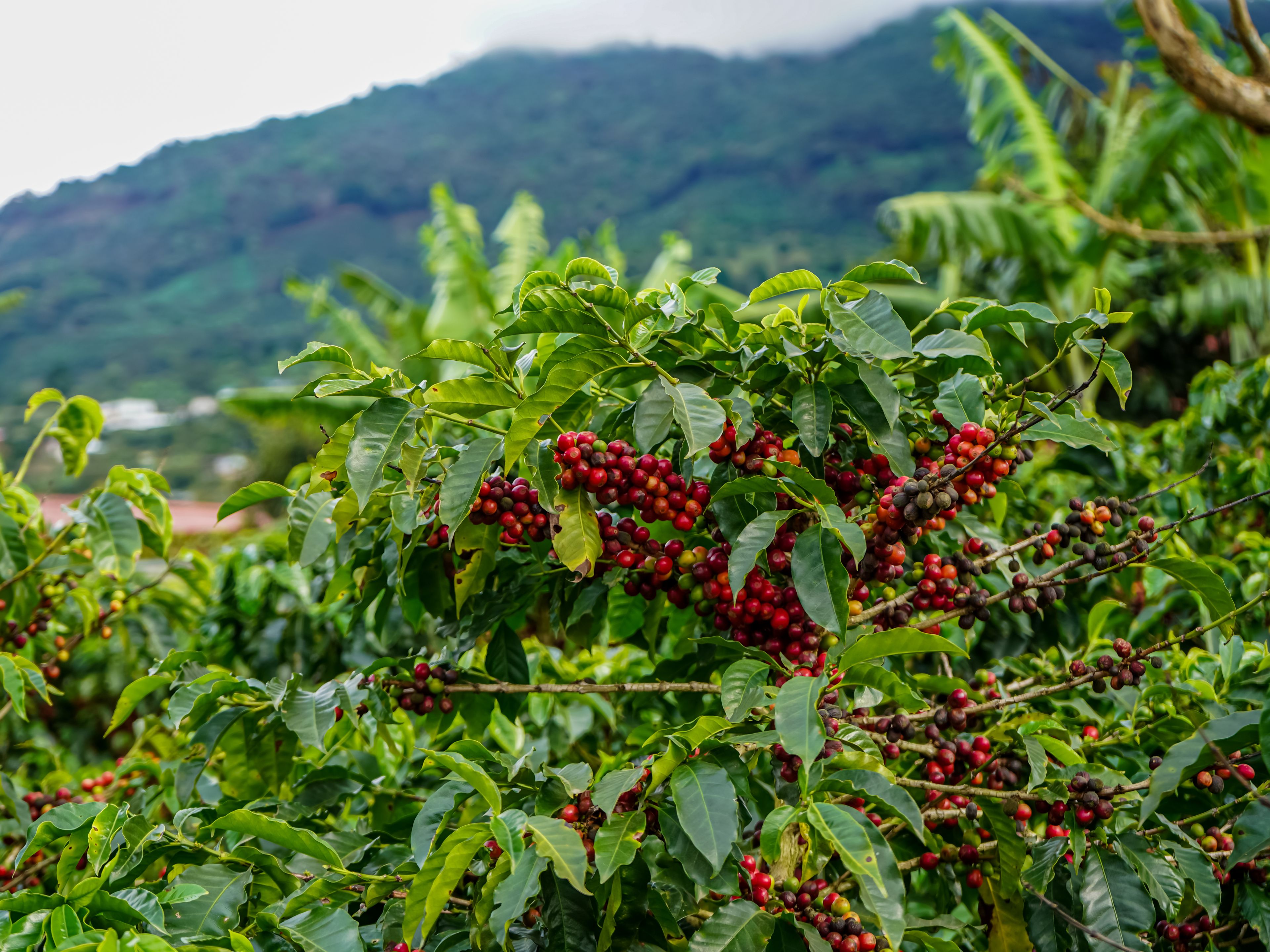
Supporting coffee farmers amid climate risks
Coffee is a crop that is greatly affected by climate change: Extreme weather conditions, such as prolonged droughts and heavy rainfall, can disrupt crucial stages of the production process, such as flowering and fruit setting. This increases the likelihood of pests and diseases, crop losses and lower yields, and can lead to inconsistent coffee quality. Without consistently high yields, it is difficult for farmers to earn a reliable income.
Joint projects and strong relationships with our suppliers help us to better understand the challenges within the coffee sector. Our Business Partner Sustainability Standards set minimum requirements for all enterprises that have a business relationship with ALDI in terms of due diligence mechanisms, minimum wages, environmental stewardship, and many more. Find out more about our actions and projects to increase sustainability in the coffee sector.
The importance of making a Living Income
Living Income describes the income required for all members of a household to afford a decent standard of living. This includes, for example, food, water, housing, education, healthcare, transport and clothing. It is calculated in context of the economic circumstances in countries and can vary between regions. The income of coffee smallholder farmers in Honduras is often below the national poverty line. It does not provide enough money to cover their basic needs or the cost of production.
One of the main aims of our project was to develop ways to enhance the financial stability of local coffee communities. In 2021, primary data from 781 farmers was used to estimate their Living Income and its gap against the national benchmark. The Living Income Benchmark is a figure from external publication, aligned with the Ankers Institute. At that time, only 35% were above the living income benchmark. A second assessment in 2025 indicated that overall living incomes had improved since then. By the end of the four-year project, 54% of farmers were found to be above the living income benchmark — a 19% increase on 2021.
Key programme initiatives
Various measures have been implemented to enhance financial stability and climate resilience. Tailored support has been offered to farmers of different backgrounds and plot sizes, with a focus on increasing productivity and introducing sustainable agricultural practices. The following initiatives have had a noticeable positive impact and could potentially transform agricultural communities.
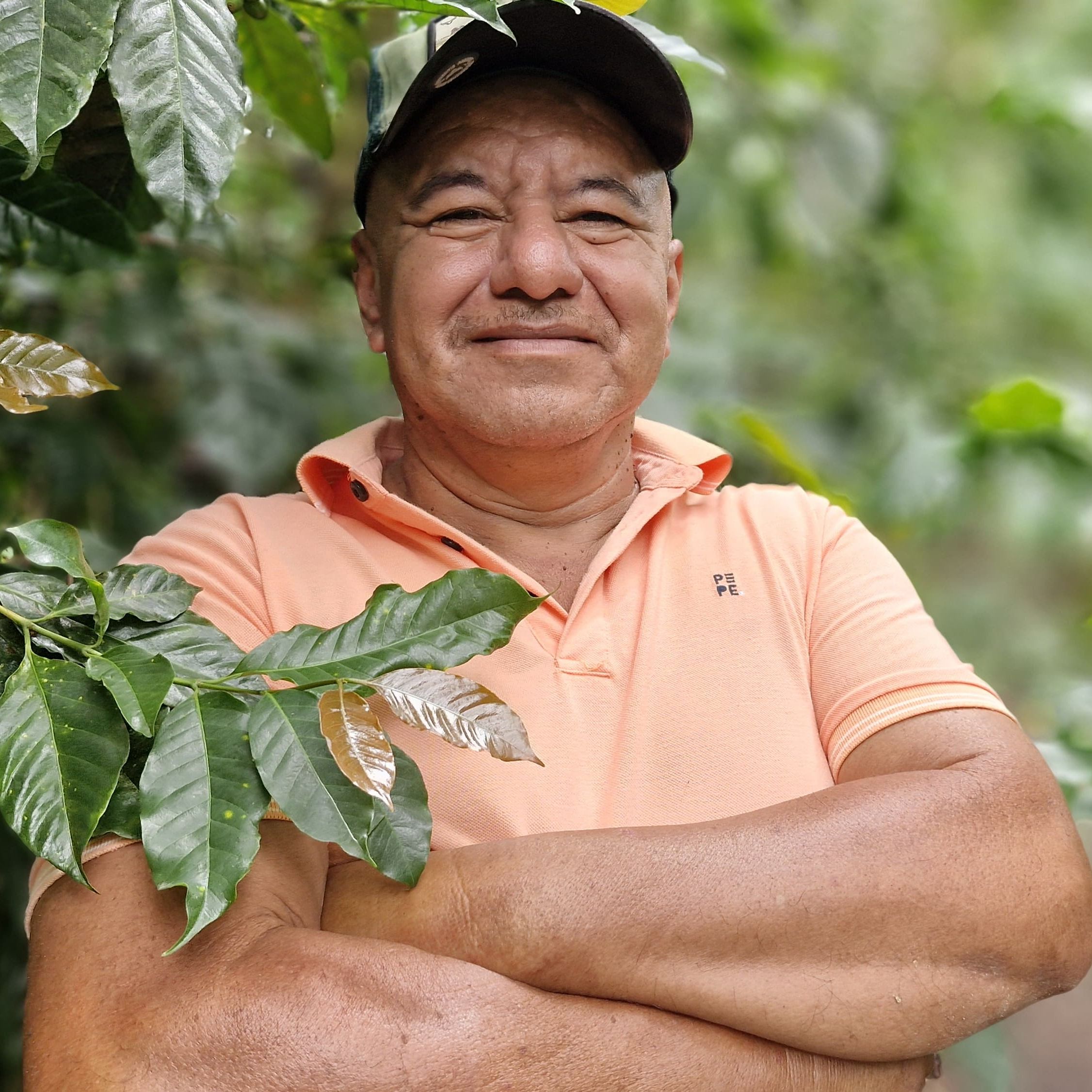
Joaquín, a farmer from the Intibucá highlands, received training in pruning techniques, regular soil analysis, crop nutrition, and fertiliser management as part of our project. After four years, he reported a 30% increase in his coffee yields, climbing from an average harvest of 1,300 kg per hectare in 2021 to 1,690 kg per hectare in the 2024/25 season.
Looking ahead, Joaquín is eager to deepen his technical knowledge and install a solar dryer. He also plans to transition to organic practices, believing these steps will further enhance the quality and value of his coffee.
Driving sustainability for lasting impact
To measure the impact of this project, a social capital impact valuation was conducted, indicating that approximately 1,000 coffee farmers have been positively affected. Over the four-year programme, every dollar invested generated five dollars’ worth of social value.
Overall, the programme's investment in sustainable farming practices has increased yields and improved crop quality. At the same time, lower farming costs resulted in better living standards - enhancing the access to a living income and enabling investment in family health, education and overall well-being. These improvements leave farmers better equipped to face future challenges, promoting long-term community development and fostering a more sustainable and prosperous agricultural sector.
Looking ahead, we identified further opportunities in adopting drought-resistant, high-yield coffee plants and agroforestry practices. Improving income diversification for farmers could alleviate the pressure of revenue losses during rejuvenation.
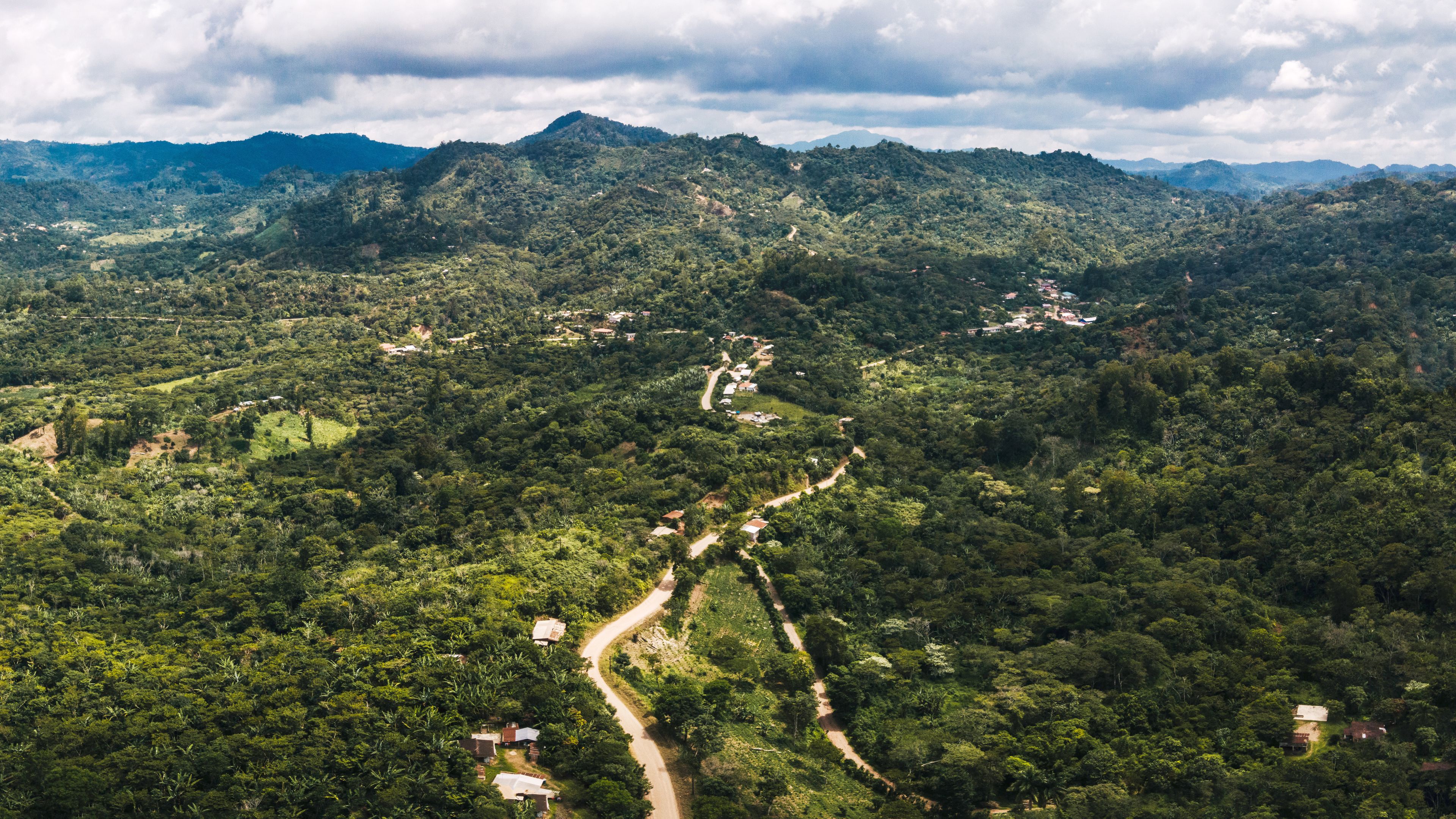
For more information on living income, please refer to our International Position Statement on Living Wages and Living Incomes. ofi’s project report provides further insights into this initiative.
